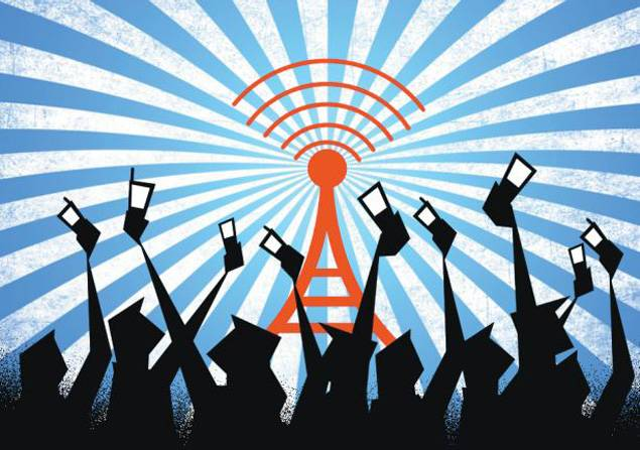
How does internet access improve lives in developing countries?
Internet access can help to improve access to information, opportunities, and services, and can contribute to the overall well-being and development of communities in developing countries. Five examples include:
- Education: Internet access can provide people in developing countries with access to a wealth of educational resources, including online courses, educational videos, and other materials. This can help to improve the quality of education and expand opportunities for learning, especially for people in remote or underserved areas.
- Employment: Internet access can help people in developing countries to find and apply for jobs, as well as connect with potential employers and clients. It can also enable people to start and run their own businesses, providing a source of income and economic opportunities.
- Healthcare: Internet access can provide access to health information and resources, including telemedicine services, which can improve access to healthcare and lead to better health outcomes.
- Communication: Internet access can help people to stay connected with friends and family, and to access news and information from around the world. It can also facilitate the exchange of ideas and facilitate collaboration with others.
- Political participation: Internet access can provide a platform for people to engage in political discourse and participate in the democratic process, helping to promote transparency and accountability in governance.
New UNESCO Report: How to Deploy EduTech in Post-COVID‐19 Schools
The COVID-19 digital response has shown the huge potential of educational technologies to support better and more extensive education and learning. However, it...
Apply Now: $5,000 Grants to Stop Internet Shutdowns in African Countries
Internet shutdowns are one of the most extreme and draconian censorship tactics that a government can use to control civil discourse. Internet access shutdowns...
Apply Now: $20,000 Grant Funding for African Digital Rights
Digital technologies are playing a role in enhancing Covid-19 disease surveillance, coordinating response mechanisms, and promoting public awareness. However, COVID-19...
What Are User Perceptions of Internet Trust and Privacy in India and Ghana?
It’s been a hard couple of years for the internet. Between election interference via social media platforms, disinformation going viral and facilitating genocides,...
Apply Now: $150,000 Grants for Community Internet Services Solutions
There is still digital divide around the world, regardless of how many people have access to mobile phones, 3G wireless coverage, or community telecenters. As the...
WhatsApp is Not Email. Do Not Manage Your Business With Messages
At the end of 2019 Kenya’s mobile penetration reached 112% – in Kenya, there are more SIM cards than persons – compared to 80% for Africa. Nearly...
Will the COVID-19 Pandemic Speed a Global Embrace of Online Learning?
COVID-19 is a global health disaster, a global economic disaster, and a global education disaster. As we write this, 90% of the world’s students – from...
Meaningful Connectivity: A New Standard for Internet Access
The Covid-19 pandemic has galvanised the case for universal internet access like never before, generating widespread agreement that the internet is too important...
Apply Now! $255,000 Grant Funding for Internet Access, Security and Data
Internet access is a fundamental aspect for the full exercise of our human rights, according to the United Nations. The Internet enables greater access to information...
Apply Now: £2.5 million for Mobile Internet Adoption and Digital Inclusion
Mobile networks have become the primary way of accessing the internet in low- and middle-income countries (LMICs), driving economic growth, enabling access to life-enhancing...











